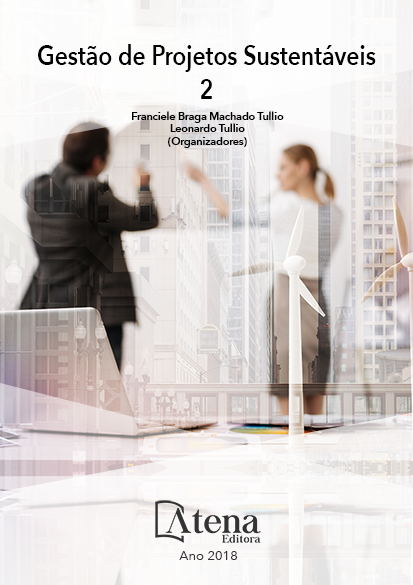
GREENWASHING: APELOS DE SUSTENTABILIDADE E A AUTORREGULAÇÃO PUBLICITÁRIA NO BRASIL
O desenvolvimento sustentável é
uma das questões mais debatidas na atualidade.
O marketing verde interfere no comportamento
de compra dos consumidores, que estão cada
vez mais conscientes acerca das questões
socioambientais. Neste contexto, surgem
oportunidades de inovação e expansão dos
negócios, mas que devem observar limites éticos.
Este artigo discutiu o papel da autorregulação
publicitária no combate aos apelos falaciosos
à sustentabilidade em anúncios e rótulos no
Brasil. Procurou responder à seguinte questão
de pesquisa: Como restringir a lavagem verde
(ou greenwashing) na publicidade comercial?
Para tanto, realizou-se uma revisão narrativa
da literatura acerca do tema greenwashing e
um estudo de caso a partir de oito decisões do
Conselho Nacional de Autorregulamentação
Publicitária (CONAR) em procedimentos
instaurados ante denúncias de consumidores,
julgados entre os anos de 2014 e 2016. A
coleta de dados envolveu dados secundários.
A abordagem adotada é qualitativa. A natureza
do objetivo é exploratória. Verificou-se que a
alegação mais recorrente é a de falta de provas
dos benefícios socioambientais alegados pelos
fornecedores. Apesar de não ter poder punitivo,
o CONAR, através de suas recomendações,
contribui para inibir a prática de greenwashing
no Brasil.
GREENWASHING: APELOS DE SUSTENTABILIDADE E A AUTORREGULAÇÃO PUBLICITÁRIA NO BRASIL
-
DOI: Atena
-
Palavras-chave: Greenwashing, Autorregulamentação Publicitária, Sustentabilidade
-
Keywords: Greenwashing, Advertising Self-Regulation, Sustainability.
-
Abstract:
Sustainable development is one of
the most debated issues today. Green marketing
affects the behavior of consumers, which are
becoming more aware of environmental issues.
In this context, there are opportunities for
innovation and business expansion, but firms
must observe ethical boundaries. This paper
aims to discuss the role of advertising selfregulation in fighting the claims to sustainability
in Brazilian ads and labels. It sought to answer
the following research question: How to prevent
greenwashing in commercial advertising?
Therefore, a narrative review of the literature
about greenwashing was conducted. It was also
conducted a case study from eight decisions
of the National Council of Advertising SelfRegulation (CONAR) in proceedings initiated
by consumer’s complaints, judged between
the years 2014 and 2016. The data-collection
involved secondary data. This research uses a qualitative approach. Regarding the nature of its goal, this is an exploratory research. It
was found that the most frequent complaint is the lack of evidence of the environmental
benefits claimed by suppliers. Although it has no punitive power, CONAR, through its
recommendations, helps to inhibit the practice of greenwashing in Brazil.
-
Número de páginas: 15
- Gabriela Almeida Marcon Nora


